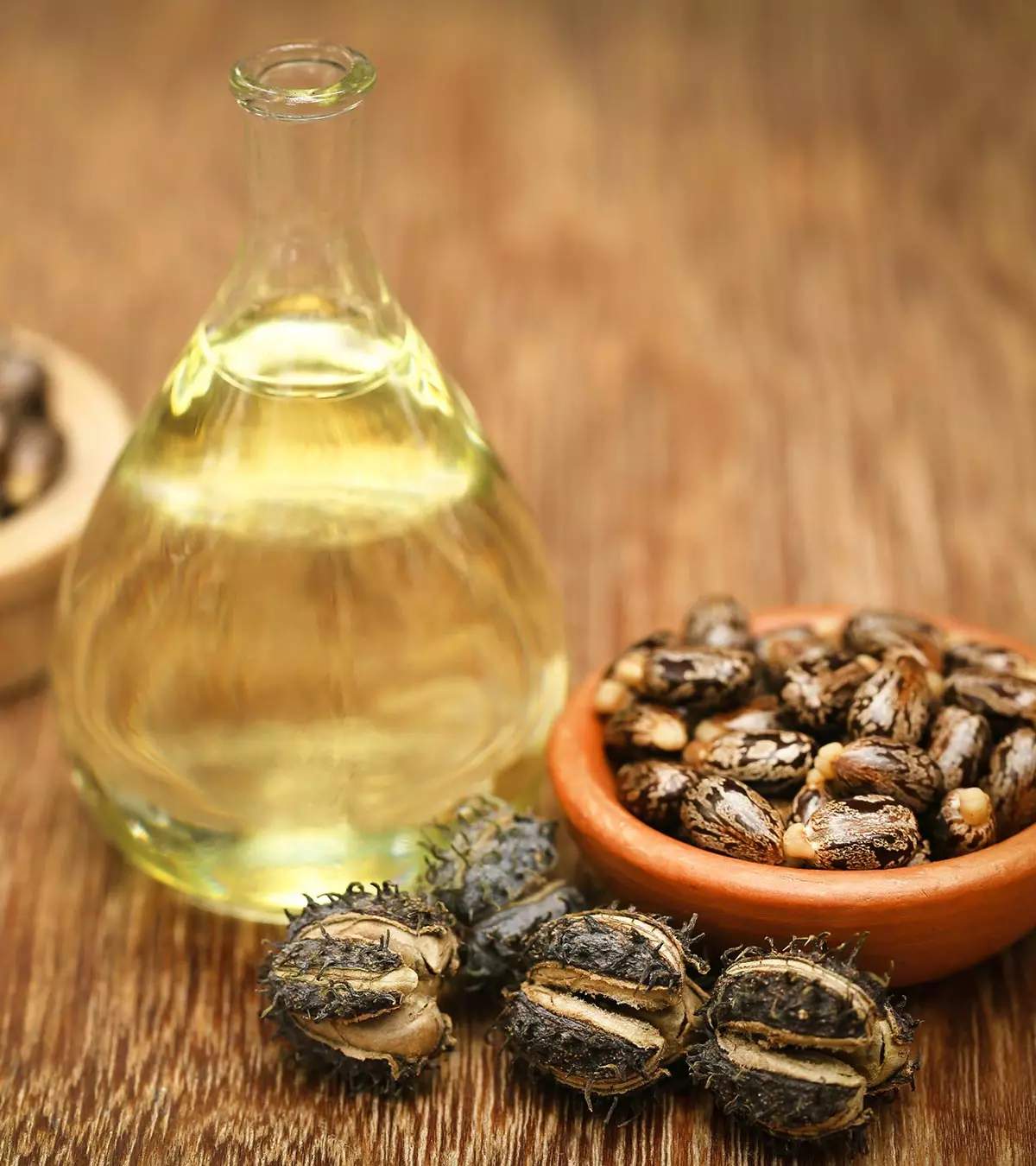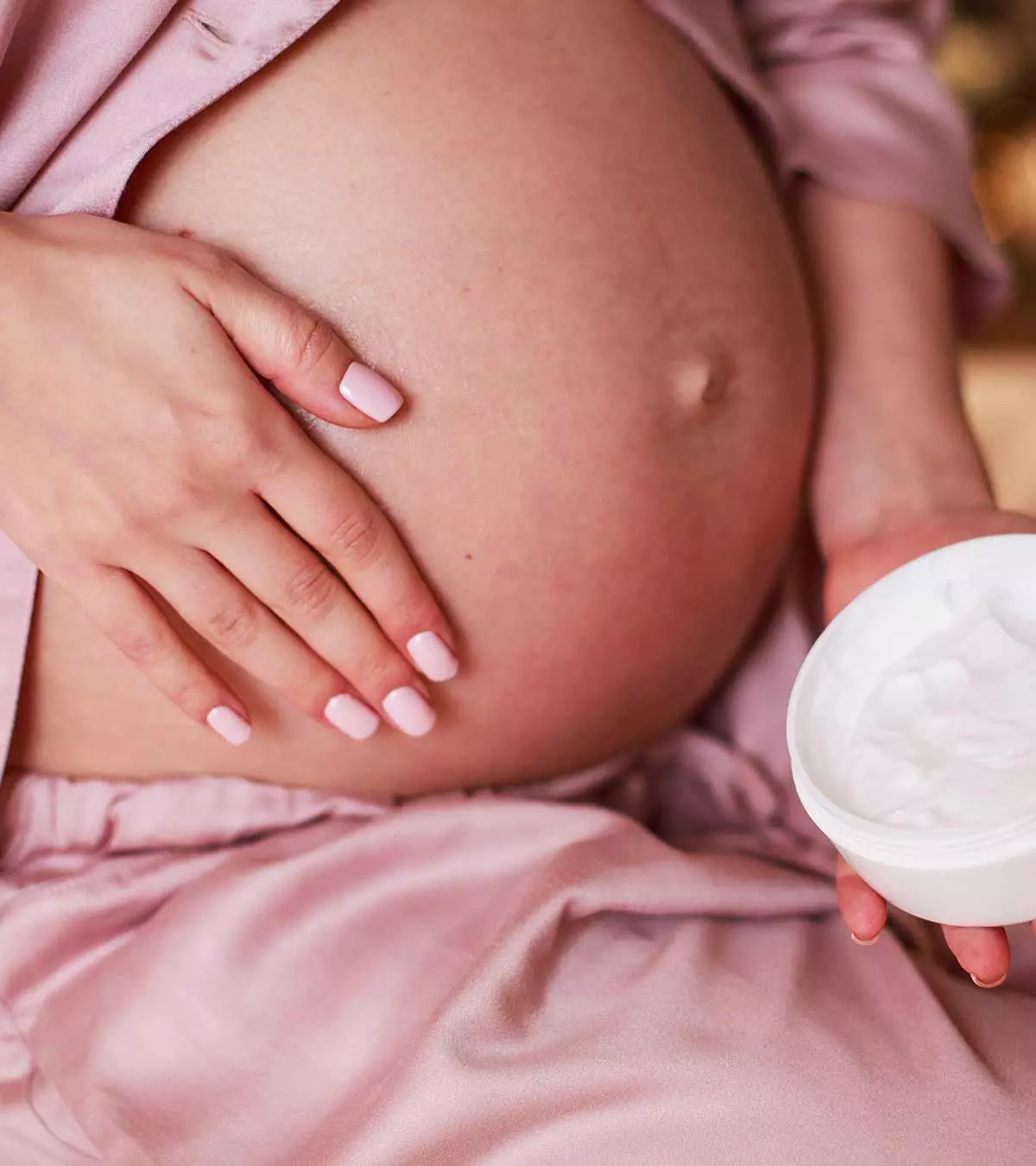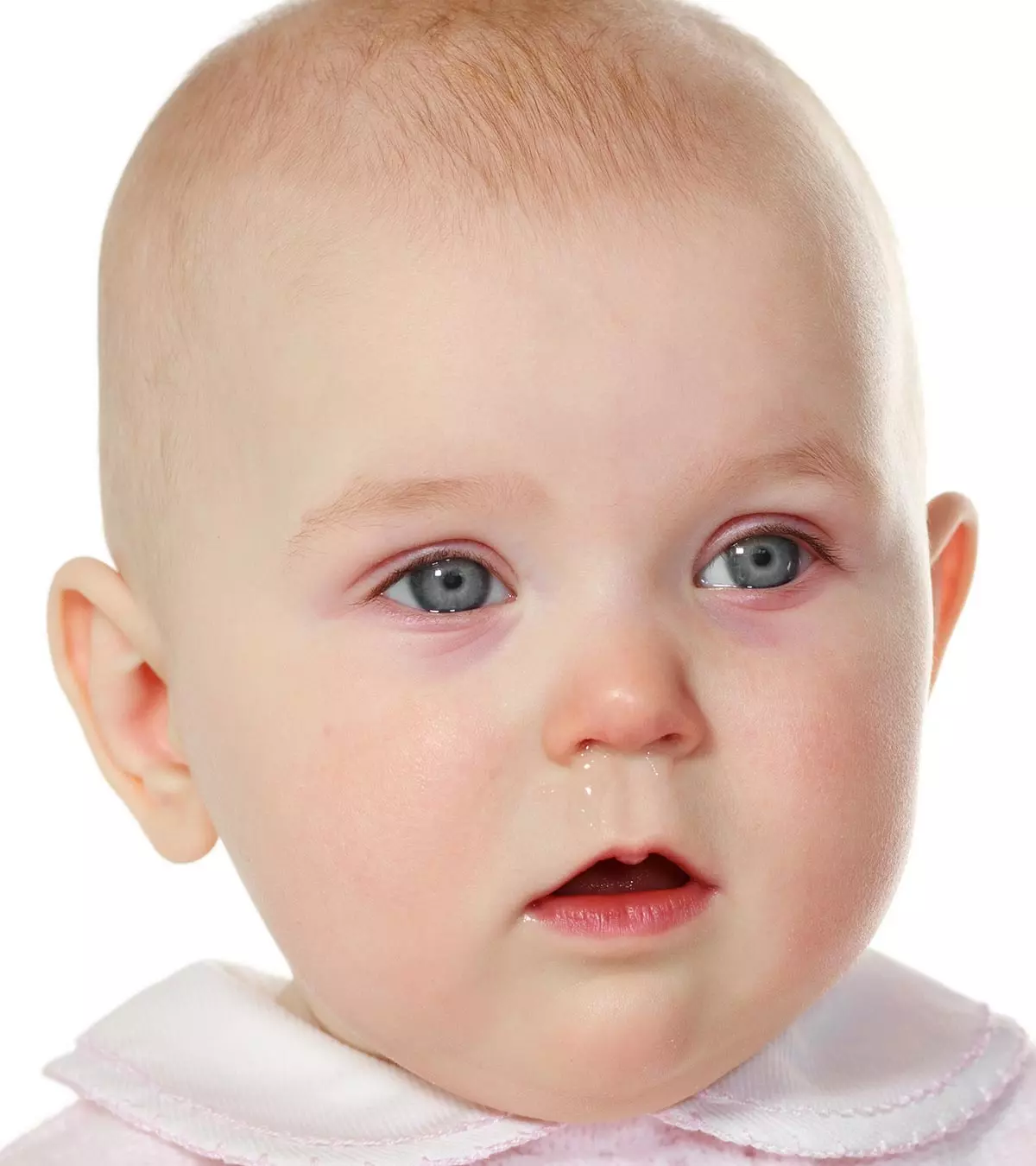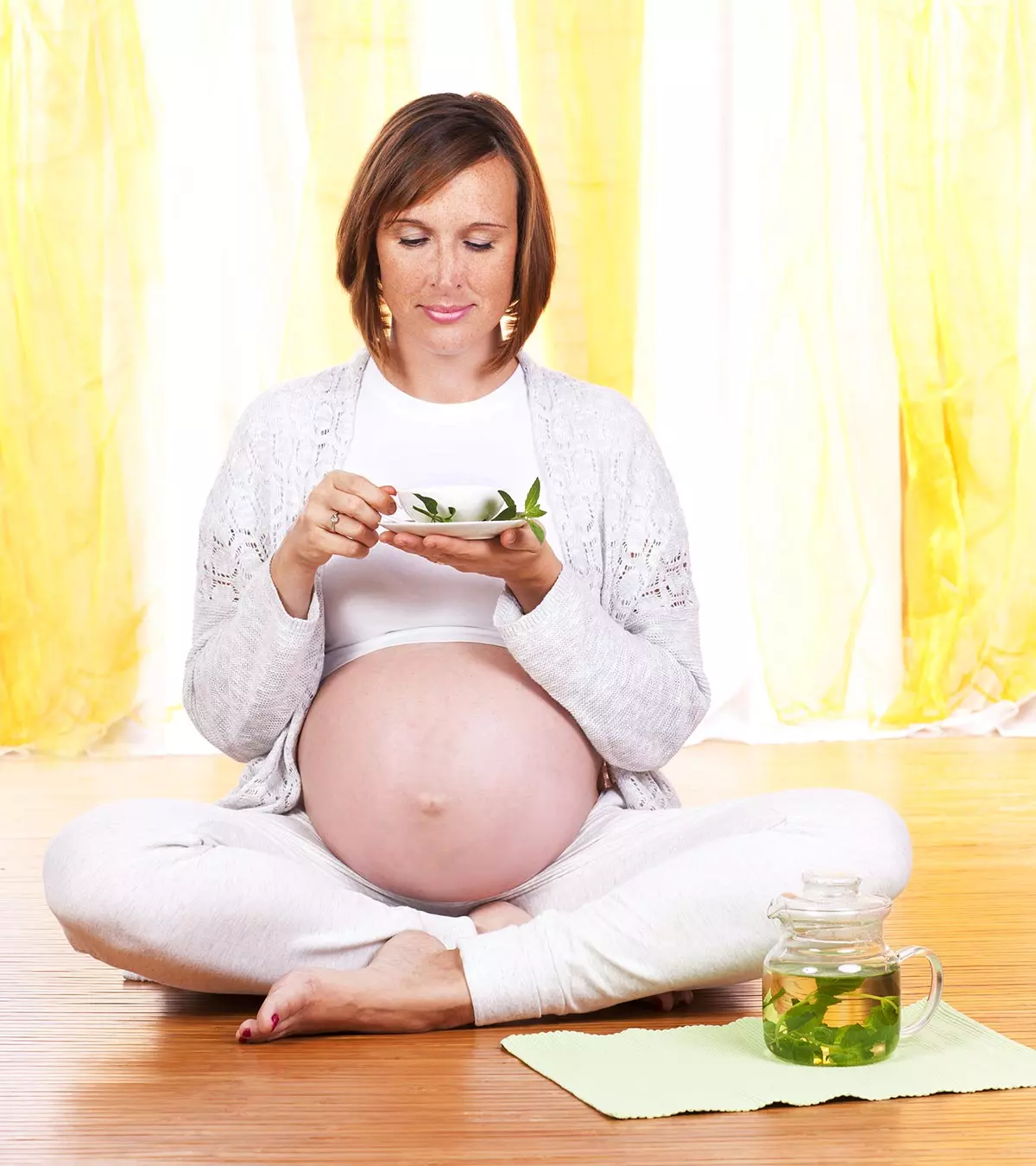
Herbs are nature’s gifts that have been used for a long time to cure illnesses and stay healthy. However, you should be aware of some herbs to avoid during pregnancy as they may have adverse effects such as miscarriageiAn unexpected loss of a woman’s pregnancy before 20 weeks of gestation , development delays, or premature laboriAn early labor that starts before 37 weeks of gestation in pregnant women . Although herbs have several health benefits, their use during pregnancy is uncertain. You cannot take herbal medicines without the advice of a healthcare provider because they have not undergone extensive testing and research like synthetic medicines. This post provides you with an extensive list of safe and unsafe herbs for pregnant women.
Key Pointers
- Herbal medicines should only be taken during pregnancy after medical consultation and allergy checks to avoid complications such as miscarriage, preterm labor, and fetal developmental delays.
- Herbs such as saw palmetto, dong quai, ephedra, black cohosh, and roman chamomile may trigger uterine contractions and increase the risk of preterm labor and pregnancy loss.
- Goldenseal, yohimbe, blue cohosh, and pennyroyal are known to be embryotoxic and can hamper the unborn baby’s health and development.
- Herbs such as red raspberry leaf, peppermint leaf, and slippery elm bark, are safe for moderate consumption during pregnancy and may help alleviate certain pregnancy discomforts.
Risks Of Using Herbs During Pregnancy

Yes, herbs are natural. But unlike modern medicines, herbs and herbal remedies do not go through extensive tests. What this means is that there is no scientific research to prove the safety of these herbal medicines, making its use a risky proposition during pregnancy. There are categories of herbs to avoid while pregnant.
The FDA recommends that pregnant women avoid using herbal products without consulting their healthcare professionals. The ingredients that go into making herbal potions are not always well known. It is a distinct possibility that some of these ingredients may cause problems during your pregnancy (1).
Some of the risks associated with using herbs while pregnant include (1):
- Miscarriage
- Premature labor and birth
- Injury to the fetus
Herbs may cause several other health hazards, which remain obscure due to the lack of scientific data.
Herbs To Avoid During Pregnancy
Here are some herbs that are considered unsafe for use during pregnancy (1):
1. Saw Palmetto

These berries grow in palm-like plants and are commonly used as a stable food and medicine by Native Americans in the southern US. The oral intake of this medicinal herb can trigger hormonal activity as it can mimic the effects of some hormones. Additionally, it interferes with iron absorption. Thus, pregnant and breastfeeding women should avoid this herb (2).
2. Goldenseal
Goldenseal is one of the popular perennial herbs in the US and is commonly used to prevent colds. However, if you are pregnant, you should avoid consuming goldenseal. Research shows that its active compound, berberine, can cross the placenta and potentially cause issues like triggering premature contractions or interfering with fetal development (3).
3. Dong Quai
Often referred to as “female ginseng,” Dong Quai is a Chinese herbal plant commonly used for female health problems, such as menstrual and migraines. Pregnant women should avoid Dong Quai as it can cause uterine contractions and lead to a miscarriage. It may increase the risk of congenital disabilities in the fetus if consumed orally within the first three months of pregnancy (4).
4. Ephedra

It is another traditional Chinese herb used for centuries to treat colds, asthma, and other respiratory conditions. Research shows that ephedrine, an active compound found in the herb, can increase heart rate and blood pressure. These effects may raise the risk of complications, such as miscarriage and preterm labor (5).
5. Yohimbe
Yohimbe is an evergreen tree native to West Africa. It is traditionally used as an aphrodisiac and to treat erectile dysfunction. Although its safety for expecting women isn’t well researched, its potential for side effects, such as increased blood pressure and heart palpitations, make it unsuitable for consumption during pregnancy (6).
6. Pau D’arco
Pau D’arco is a herbal tree native to the Amazon. It has been used in traditional medicine to boost immunity and alleviate inflammation. However, it is not considered suitable for expecting women due to its potential adverse effects on the liver and the immune system (7).
 Quick fact
Quick fact7. Passionflower
Passionflower offers a host of health benefits. However, its use during pregnancy may cause uterine stimulation, premature labor, and miscarriage (5). Therefore, experts advise against its use when pregnant.
8. Black Cohosh
Another herb pregnant women should avoid is black cohosh. Active compounds found in this herb are known to have labor-inducing properties. It means the herb can trigger uterine contractions, which can potentially lead to complications such as premature labor and miscarriage, especially in the first trimester (5).
9. Blue Cohosh
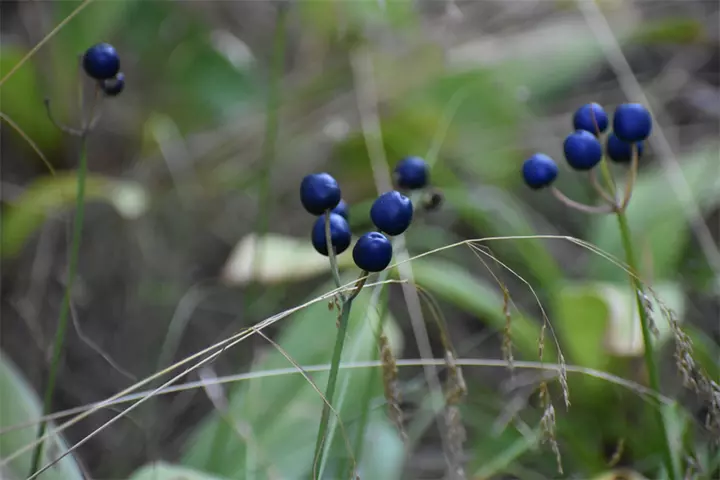
Blue cohosh has abortifacient propertiesiThe ability of a chemical or drug to cause a termination of pregnancy and may have teratogeniciA property of a drug or other substances that can cause abnormalities in the developing fetus and embryotoxiciFactors, toxins, or other substances that can cause fetal growth abnormalities effects. It is unsafe for use while expecting (8).
10. Roman Chamomile
Consumption of Roman chamomile, even in medicinal amounts, can increase the risk of miscarriage (9).
11. Pennyroyal
Pennyroyal is a herbal plant used to extract essential oil. However, using this herb during pregnancy is considered unsafe, as it may cause miscarriage and congenital disabilities (10).
12. Fenugreek
Consuming fenugreek in food is mostly safe for pregnant women. However, its excess consumption has been linked to an increased risk of congenital disabilities (11).
13. Rosemary
When rosemary is used as a condiment to sprinkle on soups or salads, it may be safe to consume. However, the oral use of rosemary in medicinal amounts is considered unsafe during pregnancy, as it has stimulant properties that may cause uterine contractions (1).
14. Basil
This herb is safe to use as a condiment. However, it is recommended to avoid using an essential oil made from basil during pregnancy (9).
15. Borage oil
It is considered to be unsafe during pregnancy as it is linked to premature labor, birth defects, or blue baby syndrome, a blood disorder in babies (12).
16. Parsley
This herb, in large amounts, is considered unsafe during pregnancy as it may increase one’s chances of experiencing a miscarriage or the way the fetus develops (13).
17. Licorice Root
This herb is unsafe and should be avoided during pregnancy as some studies suggest that the use of this herb is linked with stillbirth (14).
18. Angelica
Angelica is linked to causing uterine contractions during pregnancy. Therefore, it is best to avoid using it without the doctor’s consent when pregnant (9).
Other toxic herbs that may pose a danger to maternal health and your baby’s growth during pregnancy include (1):
- Aloe
- Ginseng (American & Korean)
- Evening Primrose
- Feverfew
- Kava Kava
- Senna
Herbs Safe For Use During Pregnancy
Don’t let this list make you believe that all herbs are unsafe during pregnancy. Here are some herbs that can be beneficial during pregnancy (1):
 Did you know?
Did you know?1. Red Raspberry Leaf
Herbal teas during pregnancy can offer various benefits, and Red Raspberry Leaf is a notable example. Rich in iron, red raspberry leaf can decrease nausea and ease labor pains. So, you can enjoy a cup of red raspberry leaf tea without worries.
Taisha, a mother of two, shares her experience using red raspberry leaf. She says, “About a couple of weeks before his (her first baby) due date, people were already driving me crazy asking when he would come. I knew that as a first-time mother, I would be more likely to deliver late than early and had been told I should remain as calm as possible, not worry too much about when the birth would be, and just let my baby and my body do the work…”I continued to take my red raspberry leaf tea faithfully, began taking evening primrose oil capsules a week before my due date, and simply tried to relax and enjoy my last few weeks being pregnant (i).”
2. Peppermint Leaf
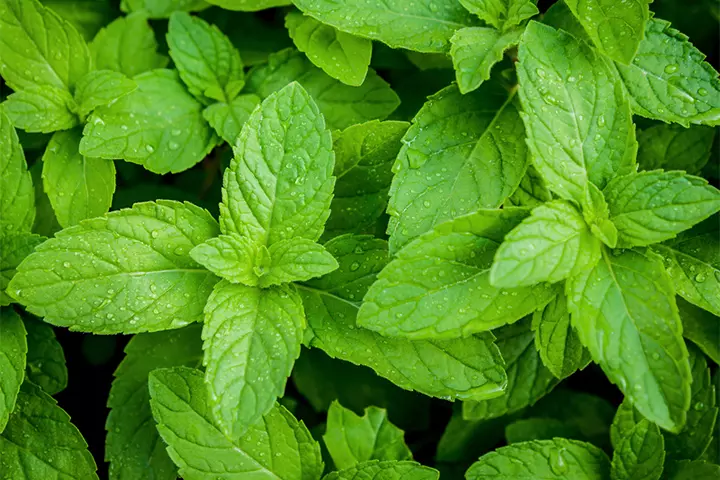
Do you enjoy a cup of peppermint tea every day? Don’t worry, it won’t cause your pregnancy any harm. In fact, consuming peppermint tea during pregnancy can help relieve nausea and flatulence.
3. Slippery Elm Bark
Moderate use of the slippery elm bark will not cause any harm to your unborn baby. It can help relieve nausea, heartburn, and vaginal irritation.
Some other safe herbs that you can use during pregnancy include (1):
- Blond Psyllium
- Black Psyllium
- Garlic
- Cayenne
- Dandelion
- Chamomile (German)
While these herbs are generally considered safe during pregnancy, consult your doctor before consuming any herb or herbal supplement.
Frequently Asked Questions
1. Can I have ginger during pregnancy?
Ginger, in amounts typically used in food, is generally considered safe for pregnant women (1). According to experts, ginger may help alleviate pregnancy-related symptoms, such as nausea and morning sickness (17).
2. Is nannari syrup good for health during pregnancy?
Nannari syrup is a concoction made from the root of the Indian sarsaparilla plant. Traditional plant-based medicine, such as Ayurveda, uses it to treat/manage several ailments, such as anemia and fever. However, the clinical evidence supporting its safety and efficacy during pregnancy is sparse. Therefore, consulting a doctor before consuming nannari syrup during pregnancy is essential. Your healthcare provider can ascertain the syrup’s safety for you and your baby.
3. What are some alternative remedies that pregnant women can use instead of herbs?
What alternatives you can use instead of herbs depends on the intended use of herbs and the safety of the alternative for expecting women. Some common alternatives to herbs pregnant women can use under medical guidance include prenatal vitamins, acupuncture, yoga, gentle exercise, relaxation techniques, and aromatherapy (18) (19) (20).
4. How long should pregnant women avoid certain herbs after giving birth?
The duration a mother should avoid specific herbs after childbirth may vary and depends on factors such as the mother’s overall health and the herb’s effects on breast milk production. Therefore, mothers should consult their healthcare provider about the safe use of herbs postpartum.
5. Can herbs interact with prescription medications during pregnancy?
Several studies show that herbs like chamomile and sage can interact with prescription medications (21). A herb-drug interaction may alter the drug metabolism and cause several issues, such as reduced drug effectiveness or increased drug side effects.
6. What are the cultural preferences related to the use of herbs during pregnancy?
Cultural preferences regarding the use of herbs during pregnancy vary widely worldwide. Studies show that the percentage of expectant mothers using herbs in different regions, cultures, and ethnicities ranges from 7% to 55%. Furthermore, for the majority (more than 90%) of these herbs, the risks during pregnancy are uncertain, highlighting the importance of not using them without medical advice (22).
7. How can I find reliable information about which herbs to avoid during pregnancy?
Seek advice from reputable healthcare professionals, obstetricians, or midwives. Trusted sources such as authoritative medical websites, books, and organizations focusing on pregnancy and herbal medicine can also offer valuable guidance about which herbs to avoid during pregnancy.
8. What should I do if I have consumed a prohibited herb during pregnancy?
If you accidentally consume a potentially unsafe herb, stay calm and watch for unusual symptoms. Contact your doctor for guidance and follow their advice. Use this experience to educate yourself about the risks of consuming such herbs to prevent similar situations in the future.
Like most expectant mothers, you may also want to consume everything natural and safe while pregnant. However, it is best to include organic and herbal teas and foods in your pregnancy diet only after you get your doctor’s consent. Take note of herbs to avoid during pregnancy, such as Ephedra, Dong Quai, Cohosh, Pennyroyal, etc. These are unsafe and pose a risk of adverse effects for you and your fetus. However, you may enjoy sipping refreshing teas with safe medicinal herbs such as red raspberry and peppermint during pregnancy.
Infographic: Herbs That Are Safe For Pregnant Women
Herbal supplements should not be taken without adequate caution during pregnancy. However, there are some herbs that are safe for both the mother and baby. Some of them can even help you manage pregnancy-related symptoms. Scroll through the infographic below to learn about the safe herbs for pregnancy. Illustration: Momjunction Design Team
When you are pregnant you may wonder which herbs are good for you and which ones are harmful. Check out this informative video to get a good idea about which herbs are safe and which herbs may be harmful to you and your baby.
Personal Experience: Source
MomJunction articles include first-hand experiences to provide you with better insights through real-life narratives. Here are the sources of personal accounts referenced in this article.
i. Daniel’s Birth Story;http://www.diaryofanaturalmom.com/2011_05_01_archive.html
References
- Herbs and Pregnancy.
https://americanpregnancy.org/healthy-pregnancy/is-it-safe/herbs-and-pregnancy/ - Saw palmetto.
https://www.mountsinai.org/health-library/herb/saw-palmetto - Goldenseal.
https://www.nccih.nih.gov/health/goldenseal - Dong Quai.
https://medlineplus.gov/druginfo/natural/936.html - Poonam Shinde et al.; (2012); Herbs In Pregnancy And Lactation: A Review Appraisal.
https://citeseerx.ist.psu.edu/document?repid=rep1&type=pdf&doi=dfbe26501e4f5e5495cb981095b6a6d2aa162283 - Yohimbe.
https://www.nccih.nih.gov/health/yohimbe - Pau D’Arco.
https://medlineplus.gov/druginfo/natural/647.html - Jean-Jacques Dugoua et al.; (2008); Safety And Efficacy Of Blue Cohosh (Caulophyllum Thalictroides) During Pregnancy And Lactation.
https://e-lactancia.org/media/papers/CaulofiloBF-CanJClinPharm2008.pdf - Herbs To Avoid During Pregnancy.
https://www.utep.edu/herbal-safety/populations/herbs-to-avoid-during-pregnancy.html - Pennyroyal.
https://medlineplus.gov/druginfo/natural/480.html - Fenugreek.
https://www.nccih.nih.gov/health/fenugreek - Borage.
https://www.mskcc.org/cancer-care/integrative-medicine/herbs/borage - Herbal Teas During Pregnancy And Breastfeeding.
https://www.pregnancybirthbaby.org.au/herbal-teas-during-pregnancy-and-breastfeeding - Licorice.
https://www.mountsinai.org/health-library/herb/licorice - Pregnancy: Using Alternative Therapies.
https://my.clevelandclinic.org/health/drugs/9595-pregnancy-using-alternative-therapies - Adrienne J Lindblad and Sudha Koppula; (2016); Ginger for nausea and vomiting of pregnancy.
https://www.ncbi.nlm.nih.gov/pmc/articles/PMC4755634/ - Morning Sickness
https://www.mayoclinic.org/diseases-conditions/morning-sickness/diagnosis-treatment/drc-20375260 - Jimin Park et al.; (2014); The safety of acupuncture during pregnancy: a systematic review.
https://pmc.ncbi.nlm.nih.gov/articles/PMC4112450/ - Kathryn Curtis et al.; (2012); Systematic Review of Yoga for Pregnant Women: Current Status and Future Directions.
https://www.ncbi.nlm.nih.gov/pmc/articles/PMC3424788/ - Pao-Ju Chen et al.; (2017); Effects of Aromatherapy Massage on Pregnant Women’s Stress and Immune Function: A Longitudinal, Prospective, Randomized Controlled Trial.
https://pubmed.ncbi.nlm.nih.gov/28783372/ - Beata Sarecka-Hujar and Beata Szulc-Musioł; (2022); Herbal Medicines—Are They Effective and Safe during Pregnancy?
https://www.ncbi.nlm.nih.gov/pmc/articles/PMC8802657/ - Lisha J. John and Nisha Shantakumari; (2015 ); Herbal Medicines Use During Pregnancy: A Review from the Middle East.
https://www.ncbi.nlm.nih.gov/pmc/articles/PMC4561638/
Community Experiences
Join the conversation and become a part of our nurturing community! Share your stories, experiences, and insights to connect with fellow parents.
Read full bio of Dr. Miguel Angel Razo Osorio
Read full bio of Ria Saha
Read full bio of Swati Patwal
Read full bio of Lorraine Teron








